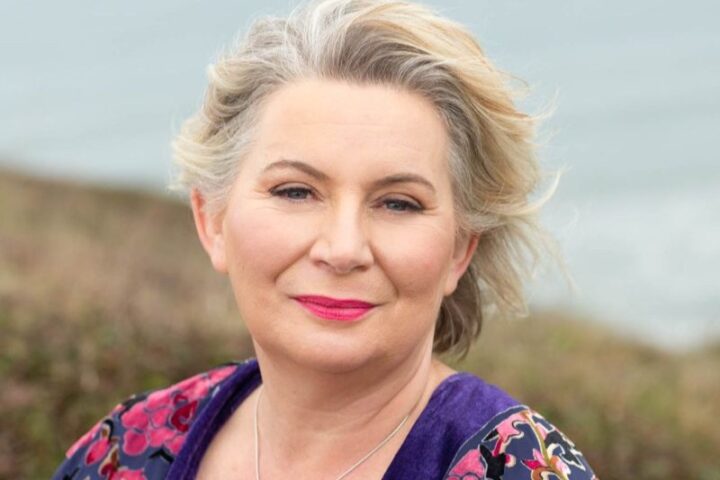Women are nearly a third more likely to be on zero-hours contracts than men, according to new analysis by the Trades Union Congress (TUC).
The TUC’s findings revealed that, on average, women on zero-hours contracts earn almost £10 less per hour than men who are not on such contracts.
The union body attributed this stark pay gap to the fact that women are more frequently employed in sectors with high job insecurity, such as social care and hospitality.
It noted that nearly twice as many women as men work as waiters, a profession where 33% of workers are on zero-hours contracts, while three-quarters of care workers – the occupation with the second highest number of zero-hours contracts – are female.
The analysis also highlighted that black, minority and ethnic (BME) and disabled women are among the groups most affected by exploitative zero-hours contracts, with BME women being 103% more likely than white men to be on such contracts and disabled women 49% more likely.
The TUC warned that these contracts allow employers to exert complete control over workers’ hours and, consequently, their earnings, making it difficult for employees to plan their lives, budget, or manage childcare.
The insecurity also makes it harder for workers to challenge unfair treatment at work for fear of having their hours cut.
The TUC argued that the Employment Rights Bill, set to return to Parliament for its Report stage, could be crucial in tackling these issues.
The bill aims to ban exploitative zero-hours contracts by introducing the right to notice of shifts and compensation for last-minute cancellations.
It also seeks to ensure day-one access to sick pay and flexible working rights, introduce mandatory gender pay gap action plans, and establish fair pay agreements in social care.
These issues are being discussed at the TUC Women’s Conference, taking place from 5th to 7th March at Congress House in London, where 300 trade union activists have gathered to address workplace challenges faced by women.
Alongside tackling misogyny, workplace harassment, and health inequalities, the conference is also focusing on the opportunities that the proposed Employment Rights Bill could bring in advancing workplace equality.
Paul Nowak, general secretary at TUC said: “Everyone deserves security at work. But exploitative working practices – like zero-hours contracts – are holding many people back.
“As ever, women workers are bearing the brunt. They are more likely to be concentrated in sectors with endemic levels of insecure work.
“The Employment Rights Bill will bring forward common sense reforms to deliver more secure jobs for zero-hours contract workers and help bridge the gap in pay and rights between men and women.
“Those defending the broken status quo are opposing access to better jobs for women across the country.”
Nowak added: “The Government is right to close this loophole. To properly crack down on exploitative zero-hours contracts, agency workers have to be included.
“Agency workers will now benefit from more security over their working hours and better protections from bad working practices.”

















